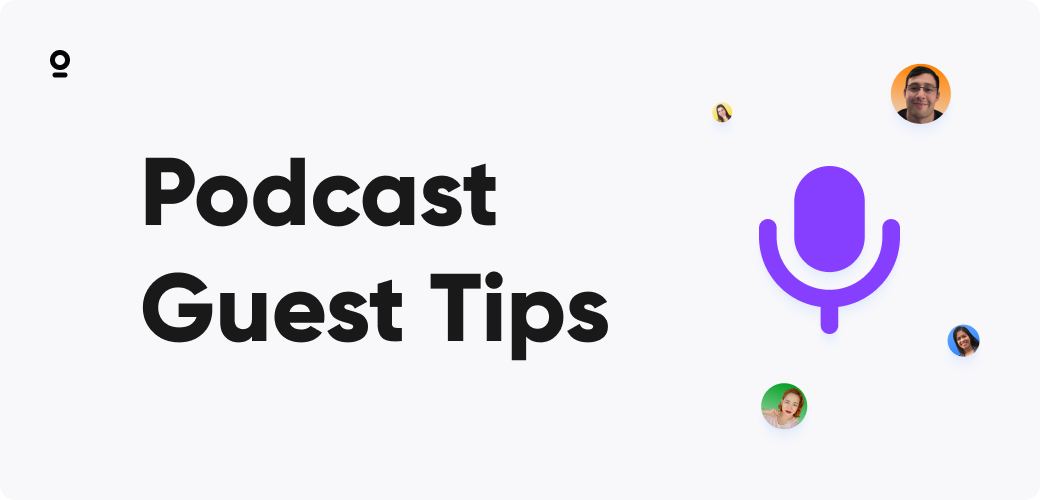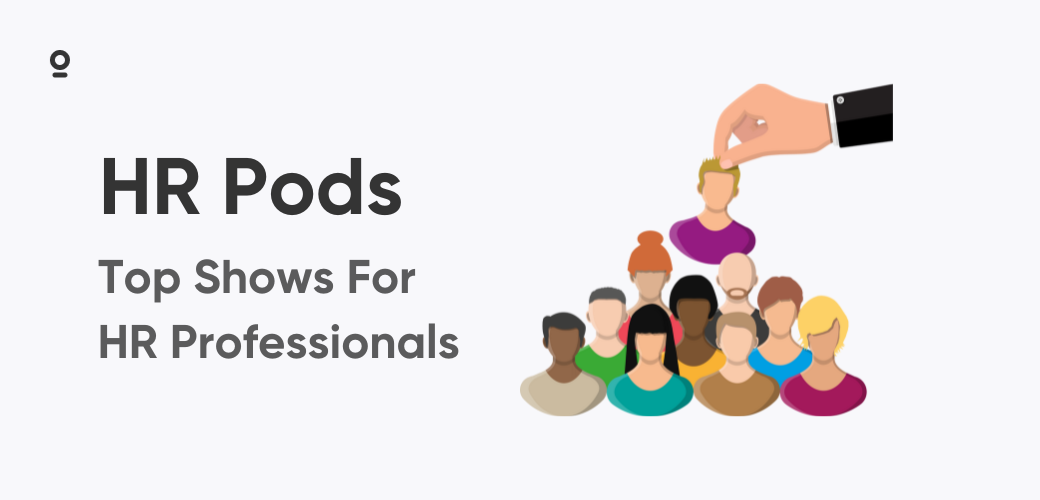Podcasting demands more than good tape. As platforms shift, algorithms evolve, and tools multiply, the most resilient creators are the ones who stay informed. That does not mean chasing every headline. It means following the right signals. In 2025, few signals are sharper than the best technology podcasts.
Whether you are a solo host managing your own gear, a team lead navigating creator partnerships, or simply trying to future-proof your production, the right tech podcast can help you get there faster. These shows translate noise into insight. In a field where timing matters, that is a competitive edge.
Here is a curated guide to the top technology podcasts creators should be tuning into right now. Each one offers practical relevance to the way shows are produced, distributed, and sustained today.
Hard Fork
Few podcasts have captured the cultural and economic moment of modern tech like Hard Fork. Hosted by journalists Kevin Roose and Casey Newton, the show dissects the week's most pressing headlines including generative AI, platform power shifts, and content moderation. It is not commentary for the sake of commentary. It is journalism with a creator's eye for impact. When platform rules change or synthetic media forces new questions, Hard Fork is often first to surface both the issue and its implications.
Techmeme Ride Home
In under 20 minutes a day, Techmeme Ride Home delivers the essential tech news of the day without filler. For podcasters, it is a daily check-in that helps you avoid getting blindsided. If Apple changes RSS rules, if TikTok faces a new ban, or if OpenAI makes another policy shift, you will hear it here before it hits your inbox. Host Brian McCullough is especially skilled at connecting small headlines to larger industry movements. It is the fastest and cleanest way to stay briefed without falling behind.
Darknet Diaries
Jack Rhysider's Darknet Diaries turns cybersecurity into cinematic storytelling. Behind the suspenseful narratives are real lessons in digital vulnerability, social engineering, and infrastructure risk. For podcast creators managing remote workflows, subscriber data, or creative IP, these are not abstract concerns. Episodes routinely show how human error and unsecured systems can ripple outward. The message is clear. You do not need to be a cybersecurity expert, but you cannot afford to be oblivious either.
Waveform
Originally built around Marques Brownlee's YouTube audience, Waveform now sits at the intersection of creator gear, software tools, and product design. It is not just about reviewing new gadgets. It is about unpacking how those tools integrate into a modern production setup. Expect focused discussions on cameras, microphones, smartphones, editing workflows, and the platforms that support them. It is one of the few technology podcasts that covers creator tech from the perspective of people who actually use it.
The Vergecast
At a glance, The Vergecast covers consumer tech news. But at its core, it is a systems-level look at how digital products, creator platforms, and tech culture evolve in sync. Hosts Nilay Patel, David Pierce, and Alex Cranz strike a rare balance. They are industry-savvy without gatekeeping and accessible without oversimplifying. Recent episodes have unpacked the collapse of streaming bundles, the emergence of new social protocols, and changes to content discovery. For podcasters navigating platform shifts or building new distribution models, this framing is essential.
Pivot
Pivot is where tech and power intersect. Hosted by Kara Swisher and Scott Galloway, the show combines executive-level analysis with blunt, no-nonsense delivery. Unlike most tech podcasts, it is unapologetically opinionated. And often, it is brutally accurate. They forecast trends before they harden into headlines. They interrogate companies when others applaud. For creators trying to understand the business logic behind moderation, monetization, or mergers, there is no sharper listen. It is not about guessing the future. It is about reading the present more clearly than anyone else.
a16z Podcast
Andreessen Horowitz's in-house podcast is not for casual listening. a16z explores how technologies are built, funded, and scaled. It is not every creator's cup of tea, but for podcasters with technical audiences or long-term ambitions like launching a course or building a product, the insights are substantial. Recent episodes have explored decentralized identity, open-source licensing, and the feedback loop between AI tools and their users. If your show overlaps with innovation or startup ecosystems, this podcast belongs in your feed.
Click Here
As geopolitics and tech infrastructure continue to collide, Click Here reports from the frontlines. Host Dina Temple-Raston blends national security reporting with digital literacy to tell stories of surveillance networks, ransomware attacks, and disinformation campaigns. For creators working with global guests, managing cloud-based workflows, or covering sensitive topics, Click Here offers clarity and caution. It is a reminder that your tech stack is not just a tool. It is an exposure surface.
Decoder
Decoder is built around a single premise. Talk to the people who run the platforms. Nilay Patel interviews CEOs, product leads, and policymakers, then presses them for real answers. These conversations offer more than soundbites. They reveal the strategic decisions that shape how platforms function and why. For creators whose careers depend on companies like YouTube, Spotify, or Substack, Decoder helps close the gap between what those platforms say and what they actually do.
Syntax
Syntax is officially a web development podcast, but it functions more like a tech workshop for creators. Hosts Wes Bos and Scott Tolinski cover everything from front-end frameworks to deployment tools without the usual jargon wall. If you manage your own website, publish transcripts, or care about how your embed player affects load time and SEO, Syntax delivers answers before problems become losses.
How to Listen Like a Creator
Tuning in is easy. Making technology podcasts work for you takes a little more planning.
Start by curating your queue around current goals. If you are focused on guest acquisition, listen to Decoder and Hard Fork. Trying to improve production quality? Choose Waveform and Syntax. Aligning podcasts with short-term objectives helps reduce information overload.
Take notes as you listen. A well-placed quote, a tool recommendation, or a trend you want to watch later can disappear quickly without a running doc. Zencastr users often paste timestamps and pull quotes directly from transcripts to save time during planning.
Batch your listening when possible. During admin work or post-production tasks, queue up a few episodes. Most creators find that 1.25x or 1.5x playback preserves retention while speeding up the workflow.
How Creators Use Tech Podcasts to Improve Their Shows
Listening alone is not the goal. Applying what you learn is what creates value.
Some creators use Waveform to plan their next gear upgrade. Others borrow framework insights from Syntax to rebuild their website. Many use Decoder or Vergecast to rewrite sponsor pitches or revamp their content calendar based on platform changes.
These small shifts compound over time. They lead to stronger infrastructure, more confident decisions, and fewer surprises.
Zencastr's platform supports these changes with tools built for modern creators. Local-first recording captures studio-quality audio even during rough connections. Automatic transcription helps with editing, quoting, and accessibility. Built-in video generation turns any key moment into a shareable asset for social.
The goal is not to chase every new development. The goal is to build a workflow that adjusts as the industry evolves. Technology podcasts are one way to stay in that mindset.
Final Takeaway
The best technology podcasts are not just informative. They are transformative. They teach you how to read the landscape and act on it with purpose. For podcasters in 2025, that is no longer optional. It is foundational.
Start with one or two shows that align with your focus. Pay attention to what resonates. Apply what fits. The more fluent you become in how tech works, the better you will be at making content that lasts.
Zencastr helps creators stay prepared for what comes next. From clean recording to smart editing, it is a platform designed to grow with the industry and with you. Get started today.







